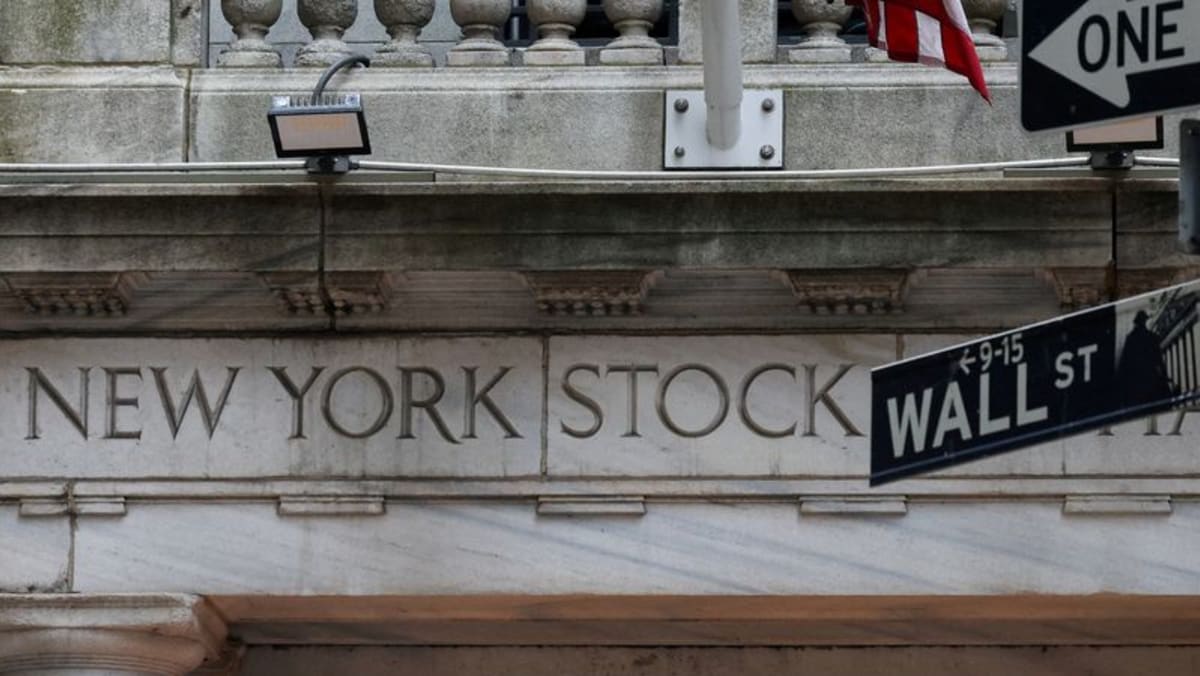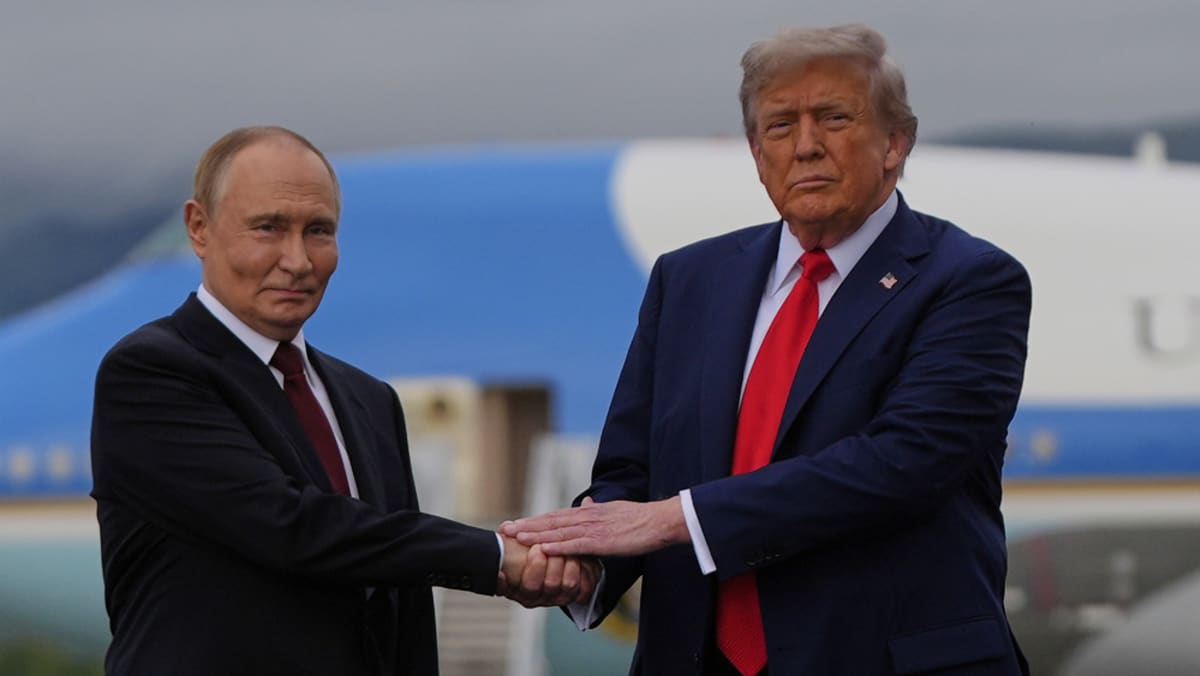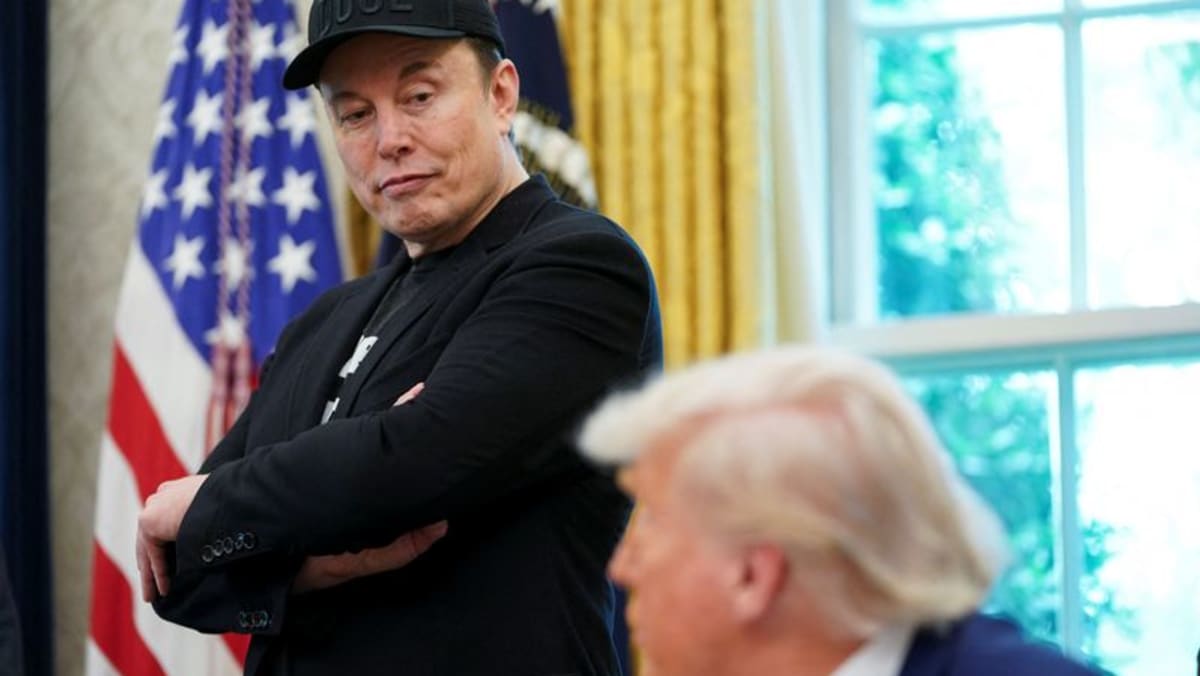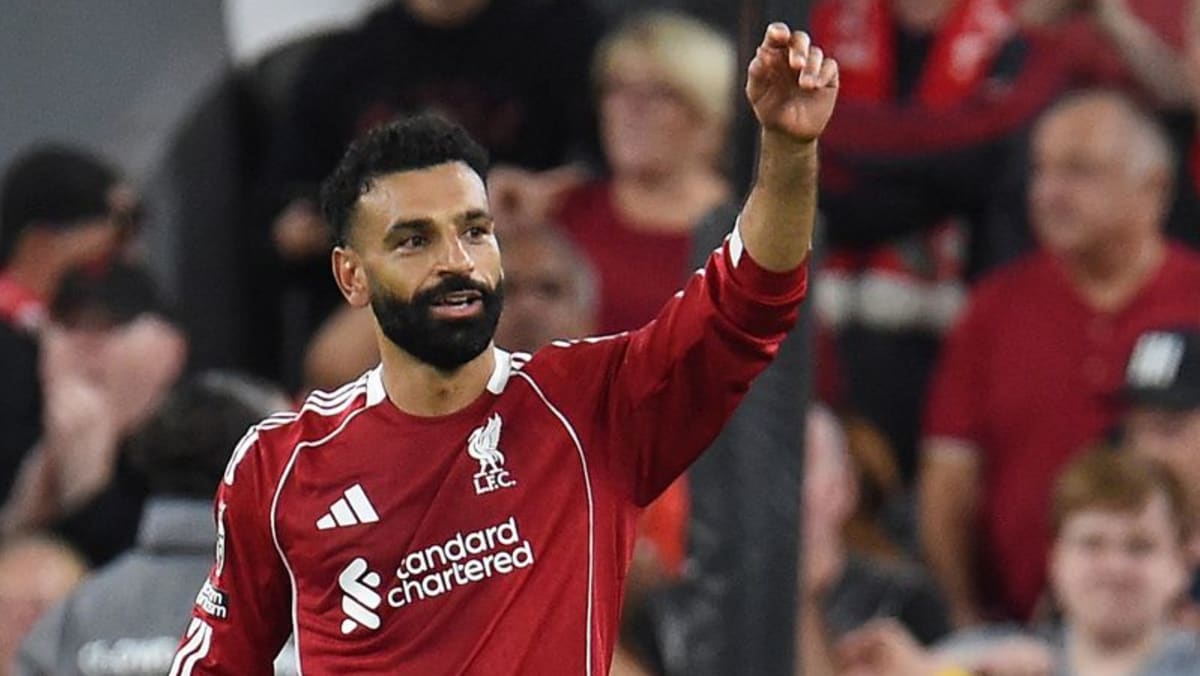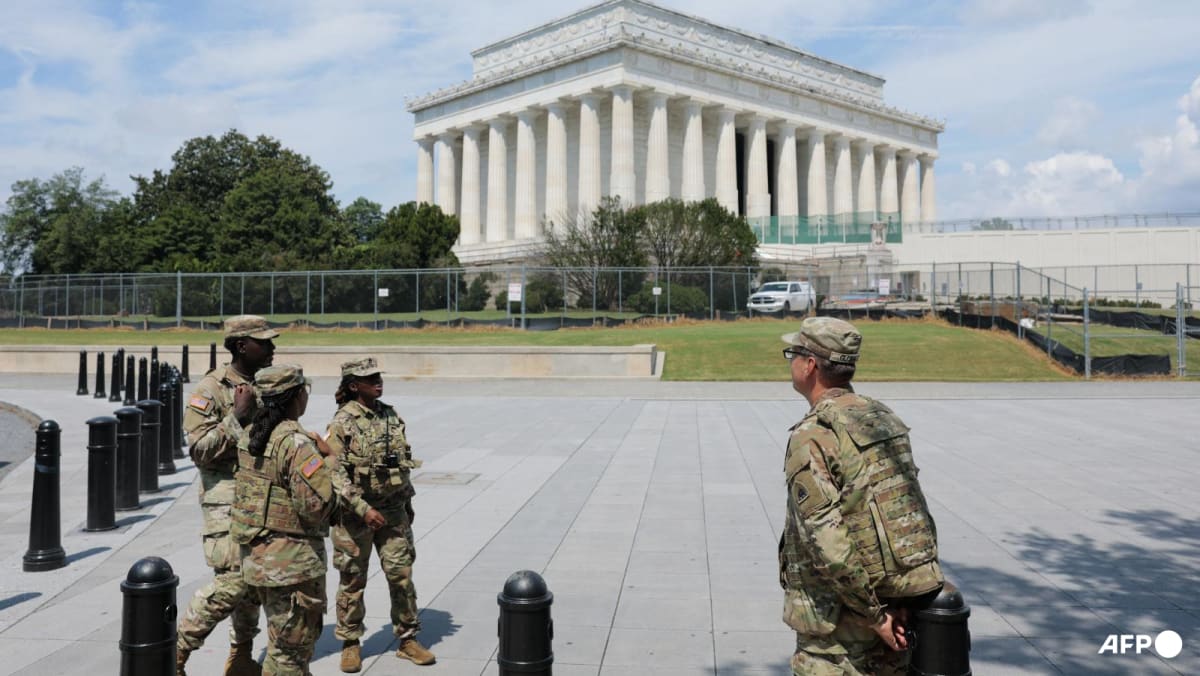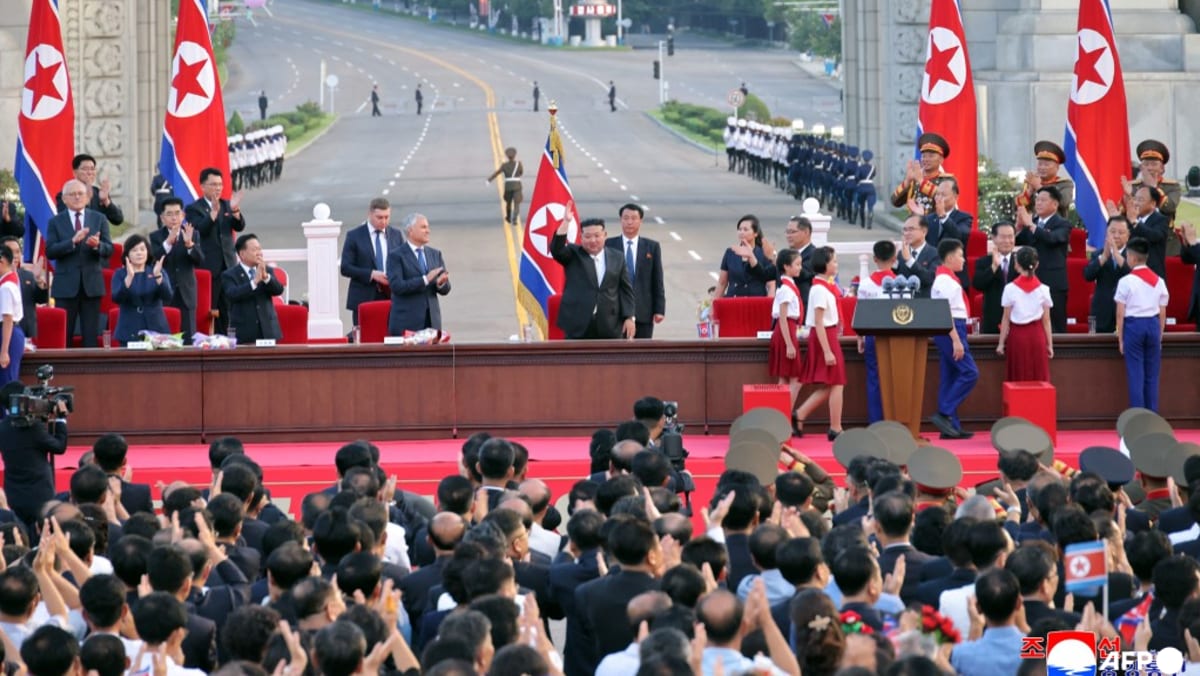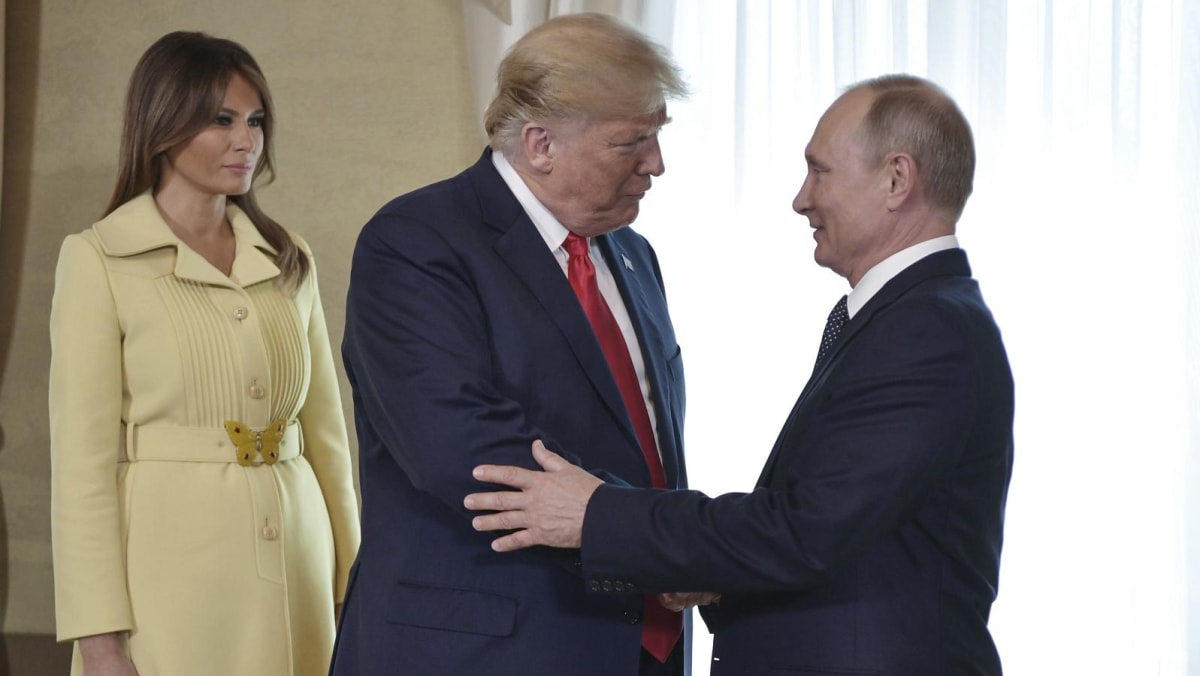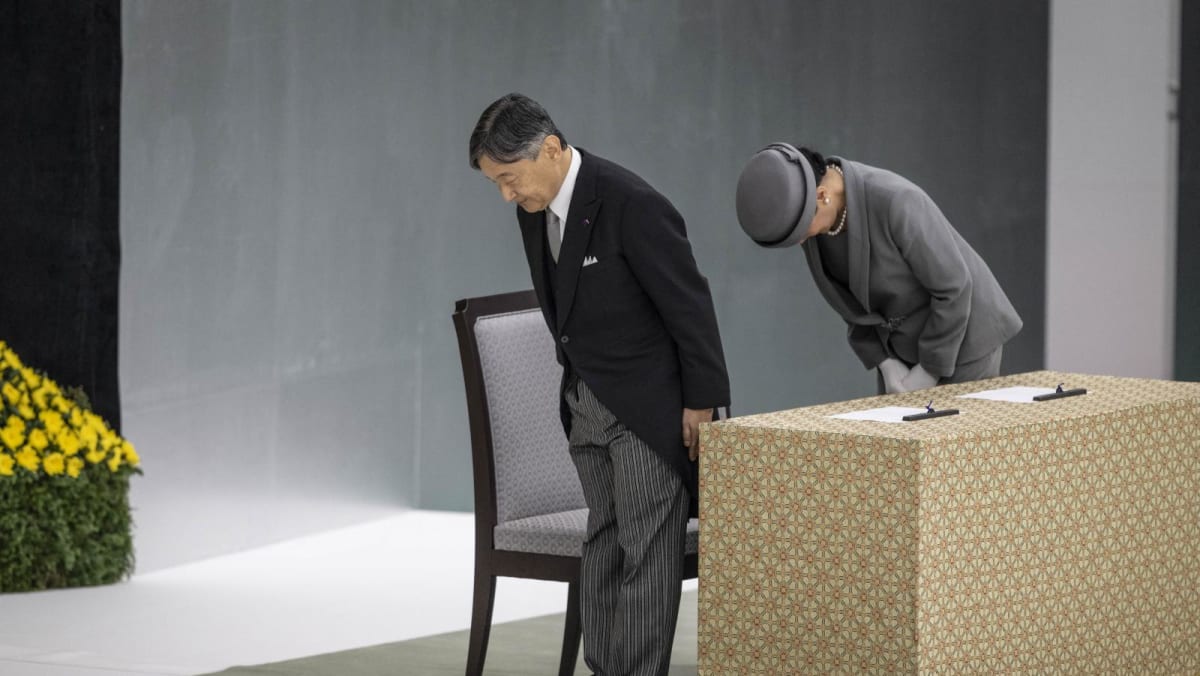PUGILISTIC PAIR
The feud was not entirely unexpected, with many observers predicting an eventual falling out.
Even before Musk’s departure from the Trump administration last week, his influence had waned following a series of clashes with Cabinet members over his cuts to their agencies.
For Trump, the fight was the first major rift he has had with a top adviser since taking office for a second time, after his first term was marked by numerous blow-ups.
Trump parted ways with multiple chiefs of staff, national security advisers and political strategists during his 2017 to 2021 White House tenure. A few, like Steve Bannon, remained in his good graces, while many others, like former ambassador John Bolton, became loud and vocal critics.
After serving as the biggest Republican donor in the 2024 campaign season, Musk became one of Trump’s most visible advisers as head of the Department of Government Efficiency, which mounted a sweeping and controversial effort to downsize the federal workforce and slash spending.
Musk was frequently present at the White House and made multiple appearances on Capitol Hill, sometimes carrying his young son.
Only six days before Thursday’s blow-up, Trump and Musk held a joint appearance in the Oval Office, where Trump praised Musk’s government service and both men promised to continue working together.
A prolonged feud between Trump and Musk could make it more difficult for Republicans to keep control of Congress in next year’s midterm elections. In addition to his campaign spending, Musk has a huge online following and helped connect Trump to parts of Silicon Valley and wealthy donors.
Musk had already said he planned to curtail his political spending in the future.
Soon after Trump’s Oval Office comments, Musk polled his 220 million followers on X: “Is it time to create a new political party in America that actually represents the 80 per cent in the middle?”
“KILL THE BILL”
Musk targeted what Trump has named his “big, beautiful Bill” this week, calling it a “disgusting abomination” that would deepen the federal deficit. His attacks amplified a rift within the Republican Party that could threaten the Bill’s prospects in the Senate.
Non-partisan analysts say Trump’s Bill could add US$2.4 trillion to US$5 trillion to the nation’s US$36.2 trillion in debt.
Trump asserted that Musk’s true objection was the Bill’s elimination of consumer tax credits for electric vehicles. The president also suggested that Musk was upset because he missed working for the White House.
“He’s not the first,” Trump said on Thursday. “People leave my administration … then at some point they miss it so badly, and some of them embrace it, and some of them actually become hostile.”
Musk wrote on X: “KILL the BILL.” However, he said that he was fine with Trump’s planned cuts to electric vehicle credits as long as Republicans rid the Bill of a “mountain of disgusting pork” or wasteful spending.
He also pulled up past quotes from Trump decrying the level of federal spending, adding: “Where is this guy today?”
Musk came into government with brash plans to cut US$2 trillion from the federal budget. He left last week, having cut only about half of 1 per cent of total spending while causing disruption across multiple agencies.
Musk’s increasing focus on politics provoked widespread protests at Tesla sites in the US and Europe, driving down sales while investors fretted that Musk’s attention was too divided.
A White House official, speaking on background, underscored the cooling dynamic between the two men.
“The president is making it clear: This White House is not beholden to Elon Musk on policy,” the official said. “By attacking the Bill the way he did, Musk has clearly picked a side.”

